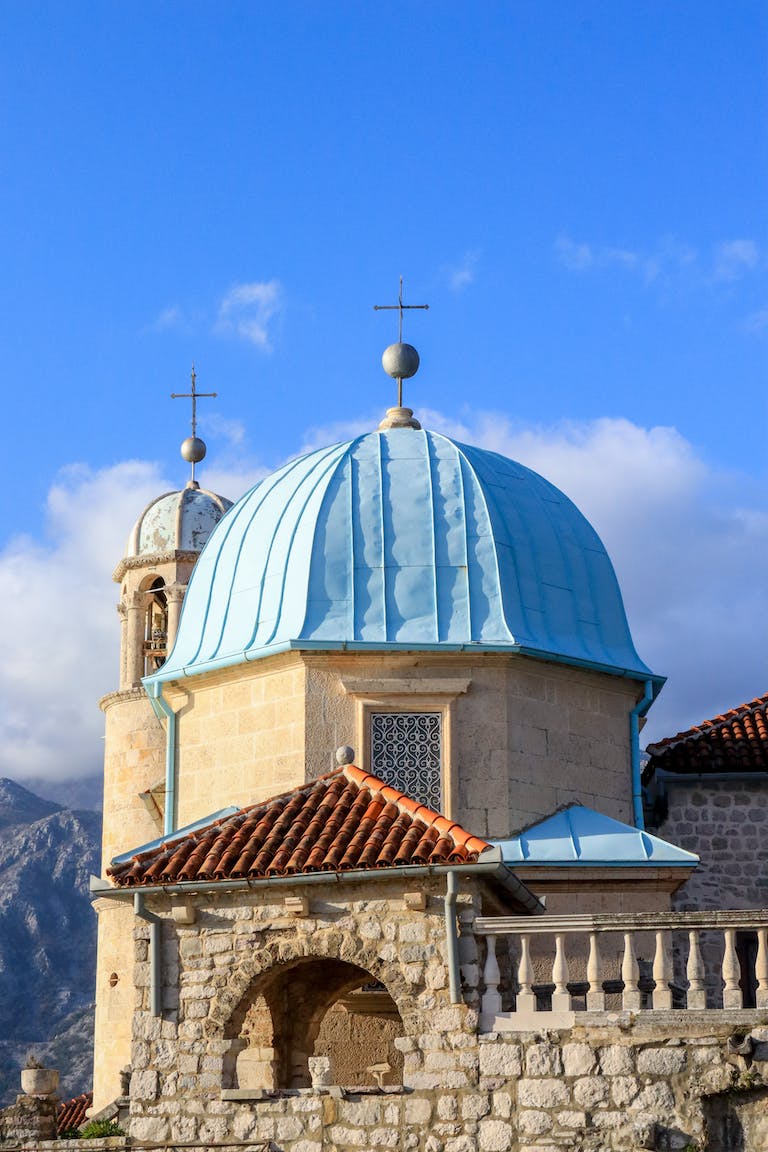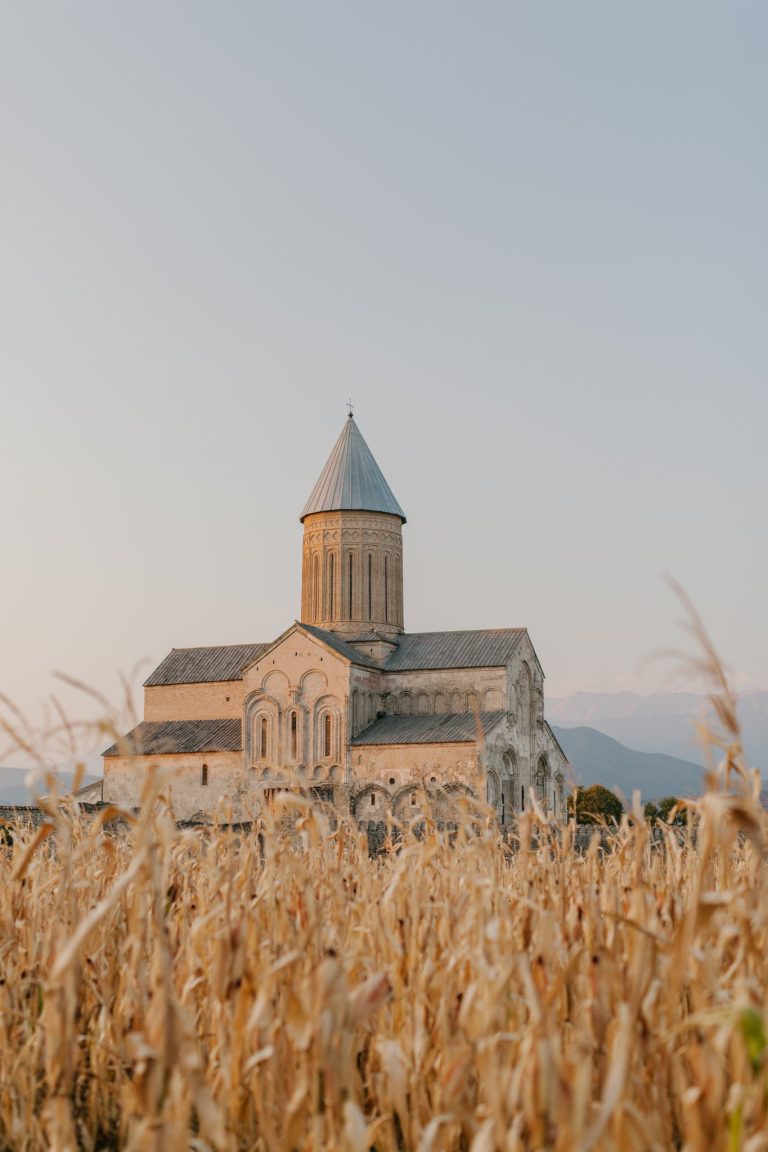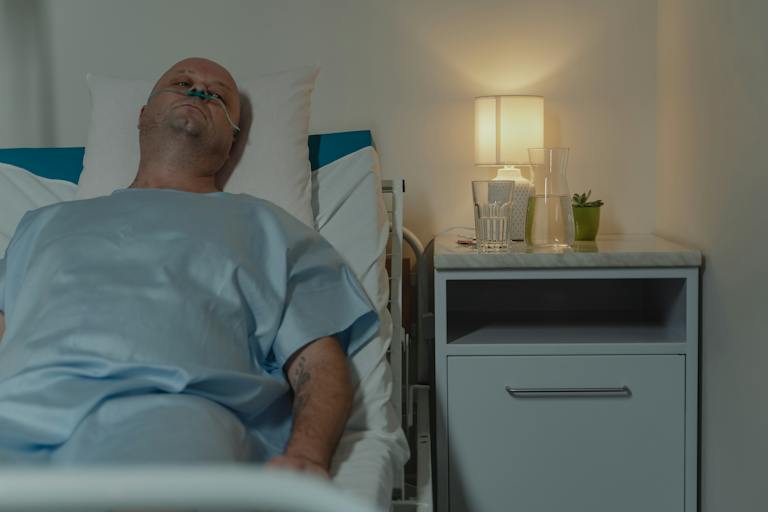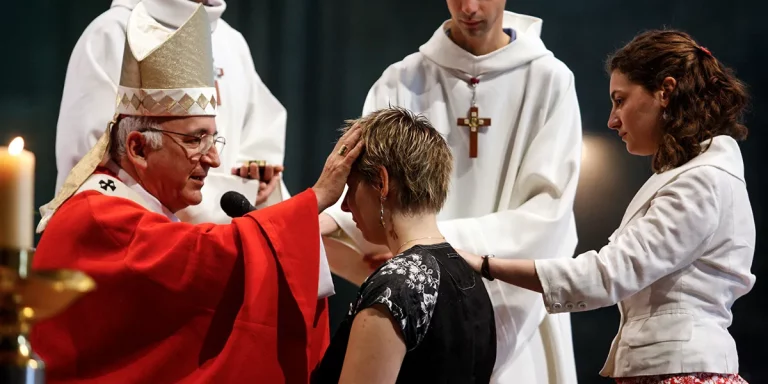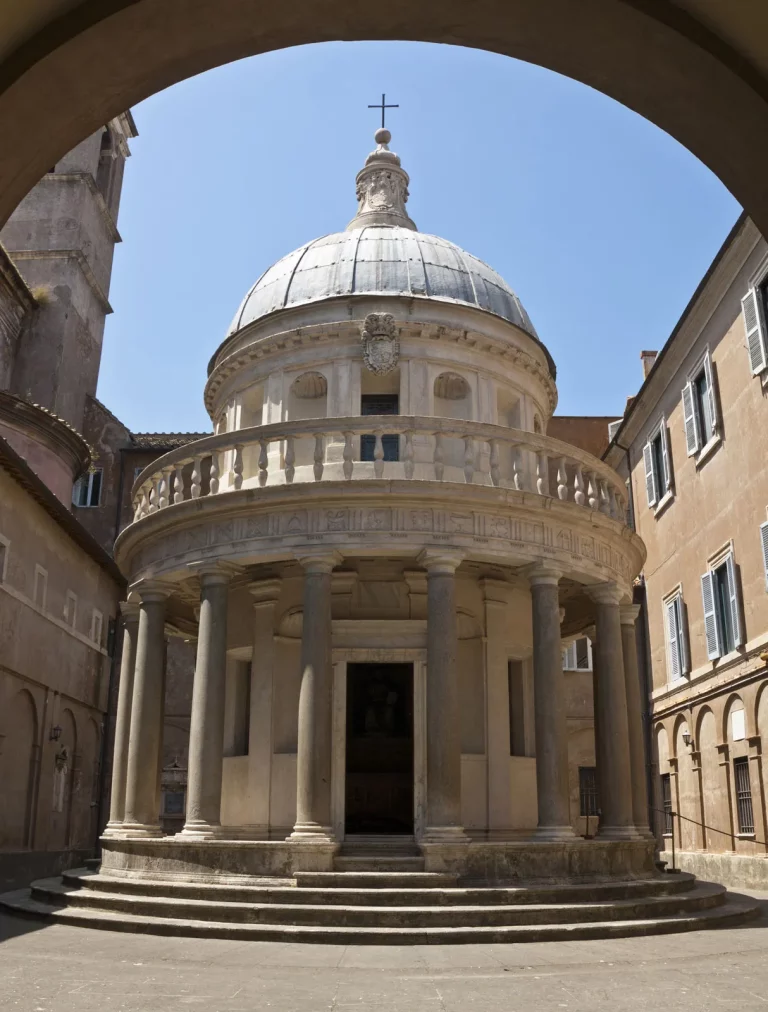The Meaning Behind Catholic Wedding Vows
As a pastor, engaged couples frequently ask me to explain the significance of the traditional Catholic wedding vows. After all, the words spoken on your wedding day carry profound weight and signify the covenant into which you are entering.
In this post, I hope to provide clarity around Catholic wedding vows – where they originate from, their theological significance, and why the Church considers them sacred.
The Source of Catholic Wedding Vows
The traditional Catholic wedding vows spoken by countless couples through the ages originate directly from the Roman Ritual. This centuries-old text sets out the prescribed rites and prayers for sacraments, blessings, and other liturgical celebrations. Specifically, the current wedding vows in use come from the Rite of Marriage, last updated in 1969.
While the language may sound formal or distanced from everyday speech to modern ears, the meaning behind each line stems from scripture and rich theological tradition. Every word connects back to biblical principles for marriage and the couple’s sacramental union. As we unpack the vows further below, you’ll notice references to unconditional love, permanence, fidelity, and mutual self-gift – all cornerstones of the Catholic understanding of matrimony.
The Significance of Consent in the Vows
A key dimension built into Catholic wedding vows is the expression of consent between the spouses. Offering consent means freely choosing to enter the marriage covenant with a devotion to its essential obligations and duties. Freely offered consent also reflects the Church’s emphasis on personal autonomy and the couple cooperating with God’s grace to live out their vocation.
When responding “I do” to the consent questions, you declaratively speak your choice to bind yourself to your beloved in matrimony. Those simple yet profound two words encapsulate your free commitment to your spouse and God. Understanding consent helps reveal the gravity and sincerity underlying Catholic wedding vows. It cements the couple’s pledge to honor their word and selflessly love each another from that day forward.
The Catholic Theology Embodied in the Vows
While personal consent stands at the heart of Catholic wedding vows, the surrounding language brims with key facets of the Church’s theology of marriage. Analyzing each line unveils how Catholic beliefs breathe vibrant meaning into the vows.
“I, ____, take you, ____, to be my wife/husband. I promise to be true to you in good times and in bad, in sickness and in health.”
This opening statement conveys the free consent previously discussed and establishes the intentionality of the groom or bride. It sets up the lifelong, exclusive commitment the spouse consciously engages by saying, “I take you.” What follows emphasizes marriage’s natural embodiments of joy and pain, health and sickness—contingencies the couple covenants to weather together.
“I will love you and honor you all the days of my life.”
These words echo Ephesians 5 by calling for a self-sacrificial, sanctifying love that images Christ’s devotion to the Church. The spouse vows to sustain love and honor daily through the help of God’s grace. The duration “all the days of my life” fortifies marriage’s permanence.
“I, ____, take you, ____, for my lawful wife/husband, to have and to hold, from this day forward, for better or for worse, for richer or for poorer, in sickness and health, until death do us part.”
We again witness consent and the establishment of marriage’s exclusivity in the opening line. This section partially mirrors traditional Protestant vows but reiterates similar Catholic beliefs regarding marriage’s blessings and burdens. The final clause, “until death do us part,” represents the fully binding permanence of matrimony.

Two Becoming One Flesh
In the final wedding vow, the priest or deacon references Genesis 2:24, where man and woman are designed to unite as “one flesh” in marriage. This underscores Catholicism’s view of matrimony as an intimate, conjugal partnership. When husband and wife give themselves to each other in physical union, their souls also mystically unite through God’s supernatural grace and love.
The two becoming one remains the ideal for marriage, though the fallenness of humanity means no couple will perfectly achieve it. Still, we strive, just as the saints who went before us, to grow ever more fully into that mysterious, holy oneness.
Why the Vows Ring with Power
I hope illuminating some of the meaning within Catholic wedding vows helps demonstrate their gravitas. Despite shifts in cultural trends, these words endure as pillars testifying to an ancient yet ever-new understanding of marriage. Though the language appears formal, the profound truths they convey ring as powerfully today as they did for couples hundreds of years ago.
In the end, I encourage Catholic couples to pray through their wedding vows often in the months leading up to their nuptials. Ask the Holy Spirit to root their hearts deeply in the consent you offer and fill you with authentic devotion to the lifelong promises you make. May your marriage be continually renewed in God’s love and strengthen the wider Body of Christ.
The Start of a Sacramental Journey
Your wedding day stands as just the beginning of a lifelong sacramental journey together. By offering your free and complete consent, you plant the first seeds that will continue growing through daily nourishment from prayer, Scripture, and the Eucharist.
Just remember, even when difficulties arise, your vows don’t rely solely on your own finite power to sustain them. The grace poured out in the sacrament of marriage equips and nourishes you to honor your promises. When you stumble or fail, seek forgiveness and healing through Confession. Discover profound strength by recognizing it is not just the two of you walking this road alone – Christ journeys closely at your side.
Cling to Him as your anchor in all seasons of life. Turn readily to Him and His Church whenever you need wisdom, hope or forgiveness. As you choose each day to renew your consent given on your wedding day, ask God to renew and deepen your love. May you walk ever more confidently in your vocation, witnessing to the sanctity and gift of sacramental marriage.
I pray abundant blessings over you through this most profound journey of becoming one.


